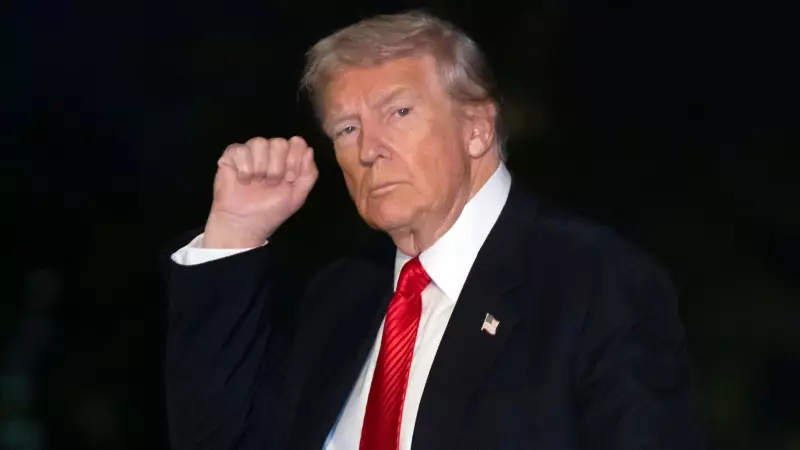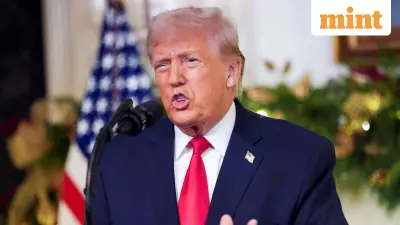
In a significant revelation that could reshape global trade dynamics, senior officials within the United States administration have conceded that the Supreme Court possesses limited authority to prevent former President Donald Trump from implementing sweeping tariff measures should he return to power.
Judicial Limitations Exposed
According to insiders familiar with the matter, the highest judicial body in America faces constitutional constraints that would prevent it from blocking tariff initiatives proposed by a potential future Trump administration. This admission comes amid growing concerns about the economic ramifications of renewed trade protectionism.
What This Means for International Trade
The implications for countries like India are particularly substantial. With Trump previously advocating for universal baseline tariffs on most imported goods, Indian exporters could face renewed pressure on key sectors including textiles, pharmaceuticals, and information technology services.
The Legal Landscape
Legal experts point to the broad authority granted to the executive branch on trade matters under existing US law. The Trade Expansion Act of 1962, particularly Section 232, provides presidents with considerable discretion to impose tariffs based on national security concerns—a power Trump utilized extensively during his first term.
Political Reactions and Preparations
The Biden administration has been quietly preparing contingency plans for various trade scenarios, while business groups have intensified their lobbying efforts to prevent what many fear could trigger another global trade war.
Looking Ahead
As the political landscape evolves, international trading partners including India are closely monitoring developments and assessing potential strategies to mitigate adverse impacts on their economic interests.





